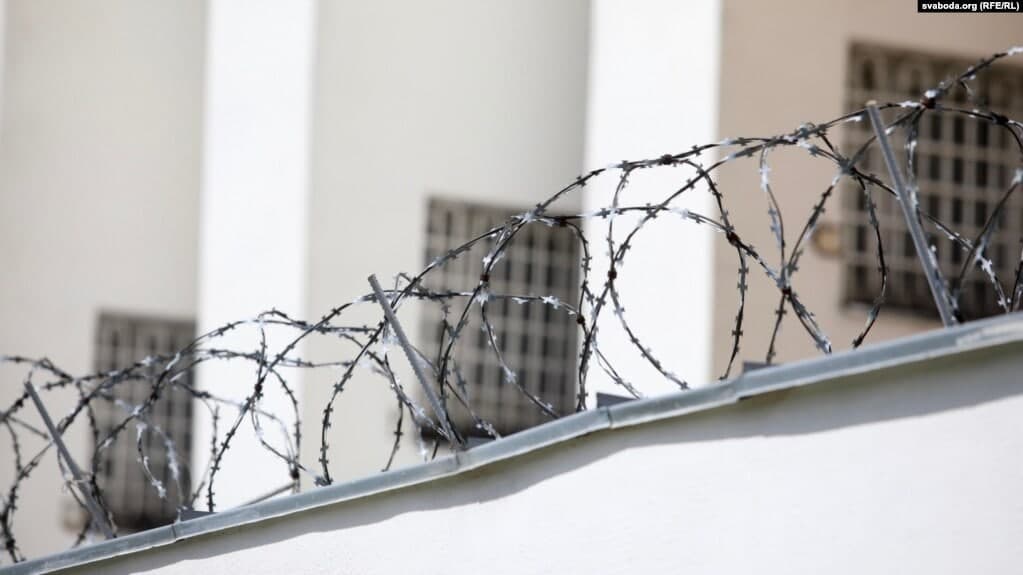Discussion about the transfer of power and political parties resumes, but repressions do not abate
 The situation got worse
The situation got worse

The security forces continue with large-scale repression and other actions to demotivate protest activists and prevent spring mobilisation. Some nomenclature groups are pushing the leadership towards constitutional reforms, developing national political organisations, and forming a “party of power”.
The security forces have filed 2,407 cases alleging “extremist orientation” since August 2020, and dismissals of dissidents in state institutions continue. The list of persons detained concerning criminal matters continues to grow, with 270 people independently recognised as political prisoners.
The leadership is trying to consolidate power and ensure the security forces’ loyalty with promotions and awards. Not a single case has been filed regarding violence and torture by security forces, despite over 1,800 complaints being received.
Repression has succeeded in partially disrupting structured civic activity, particularly trade unions, human rights activists and journalists.
After a meeting with the Russian leadership, there are typically announcements regarding Belarusian constitutional reform. Some of the ruling elites advocate a transition to a “managed democracy” following the Russian model with an increased role for national political parties.
“Belaya Rus” [“White Russia”] plans to become a Party of National Unity while the “Democratic Union” created by ex-political prisoner Yury Voskresensky aims to act as a constructive opposition. The ideological spectrum of national political organisations may include the LDP and the Communist Party of Belarus, and possibly the Republican Party of Labour and Sports.
Gold and foreign exchange reserves are declining, raising expectations of inflation and devaluation and driving demand for hard currency amongst Belarusians.
Foreign companies are reducing investments due to the political crisis and increased economic risks; however, cooperation between Belarusian state-owned companies and Western corporations continues to develop in some areas, such as energy and fuel resources.
Despite the significant financial injections, debt write-offs and other support to the public sector, employment is gradually but steadily declining. In January, the ratio of hired and fired workers was 86.3%.
Significant repression of the Civil Society and the protest movement will likely be maintained in the coming weeks, as the security forces continue to seize businesses and pressure state officials using anti-corruption rhetoric.
Subscribe to our newsletter




Situation in Belarus
Constitutional referendum: main consequences


 Video
Video
How to count the political prisoners: are the new criteria needed?


 Video
Video
Paternalism In Decline, Belarusian Euroscepticism, And The Influence Of Russia


 Video
Video












